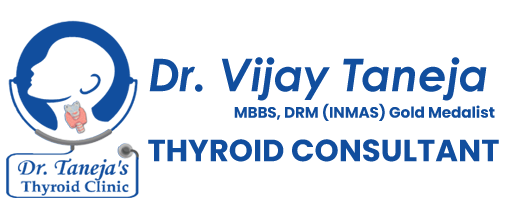

A simple goitre, also called a non-toxic or colloid goitre, is a thyroid disorder defined by an enlargement of the thyroid gland without abnormal hormone production, which sets it apart from hyperthyroidism or hypothyroidism. The thyroid gland, located at the base of the neck, is essential for producing hormones like thyroxine (T4) and triiodothyronine (T3), which regulate metabolism and other bodily functions. In cases of simple goitre, the thyroid enlarges without affecting hormone levels.
Simple goitres have multiple causes, with iodine deficiency being a common factor. Iodine is essential for thyroid hormone production, and in regions where iodine is scarce, the thyroid may enlarge to compensate. Other contributing factors include genetics, hormonal changes, and exposure to certain environmental substances, such as goitrogenic chemicals found in some foods. Symptoms of a simple goitre vary depending on its size and whether it compresses nearby structures. Small goitres are often asymptomatic and may go unnoticed. Larger goitres can lead to visible swelling in the neck, difficulty swallowing, and, in severe cases, breathing problems. Some may also experience neck discomfort or a feeling of fullness.
Diagnosis generally includes a physical exam to assess the size and texture of the thyroid, along with questions about symptoms. Imaging tests, like ultrasound or a thyroid scan, may help evaluate the goitre's size and features. Blood tests measure thyroid hormone levels to confirm they are within the normal range. Treatment depends on the goitre's size, symptoms, and cause. If the goitre is small and symptom-free, monitoring alone may be sufficient. For cases due to iodine deficiency, iodine supplements or dietary adjustments may be recommended. If the goitre is large and causing symptoms or concerns, partial or complete thyroid removal (thyroidectomy) may be considered.
In summary, a simple goitre is an enlargement of the thyroid gland that typically doesn’t disrupt hormone production. It can cause visible neck swelling and symptoms depending on its size. Iodine deficiency is a common cause, though genetics and environmental factors also play a role. Treatment ranges from observation and iodine supplementation to surgery, depending on the severity. Early diagnosis and proper management are essential to alleviate symptoms and prevent complications.